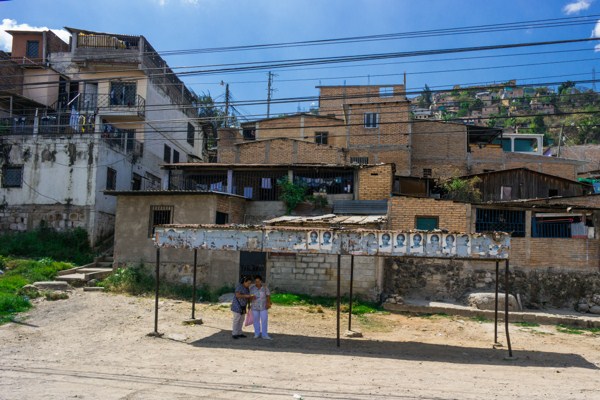On Jan. 29, in an op-ed for The New York Times, U.S. Vice President Joe Biden announced that the White House would request $1 billion from Congress in its 2016 budget to finance a range of development, security and good governance initiatives in Guatemala, Honduras and El Salvador, often referred to as Central America’s Northern Triangle. The news is a welcome announcement for a region that is suffering from the effects of long-term poverty, inequality and insecurity. Despite the promise of U.S. aid, however, a great deal will have to fall into place for Washington’s new commitment to Central America to deliver much-needed results on the ground.
The Northern Triangle of Central America entered into American conversation last year during the so-called unaccompanied minors crisis on the U.S.-Mexico border, as gang violence, organized crime, drug trafficking and endemic poverty displaced tens of thousands of minors and families from the three countries. While some relocated to neighboring countries, including Mexico, the majority fled to the U.S. to reunite with family there and seek rumored legal opportunities to remain in the U.S. Washington responded by increasing border security and expanding detention facilities; relocating many minors within the U.S. while returning others to Central America; and trying to work with home governments to convince their citizens not to attempt the dangerous trek northward. But all that did nothing to address the root causes of their migration.
At the same time, the governments of Guatemala, Honduras and El Salvador took their own initiative, working together to design the “Plan of the Alliance for Prosperity in the Northern Triangle.” Spearheaded by the three countries’ heads of state—a retired general, a businessman and a former guerrilla commander respectively—it was a rare success for regional cooperation. The initiative seems to have convinced Washington that its Central American partners were serious about investing in their own people and committing greater resources to tackling longstanding problems of poverty, insecurity, corruption and impunity.

